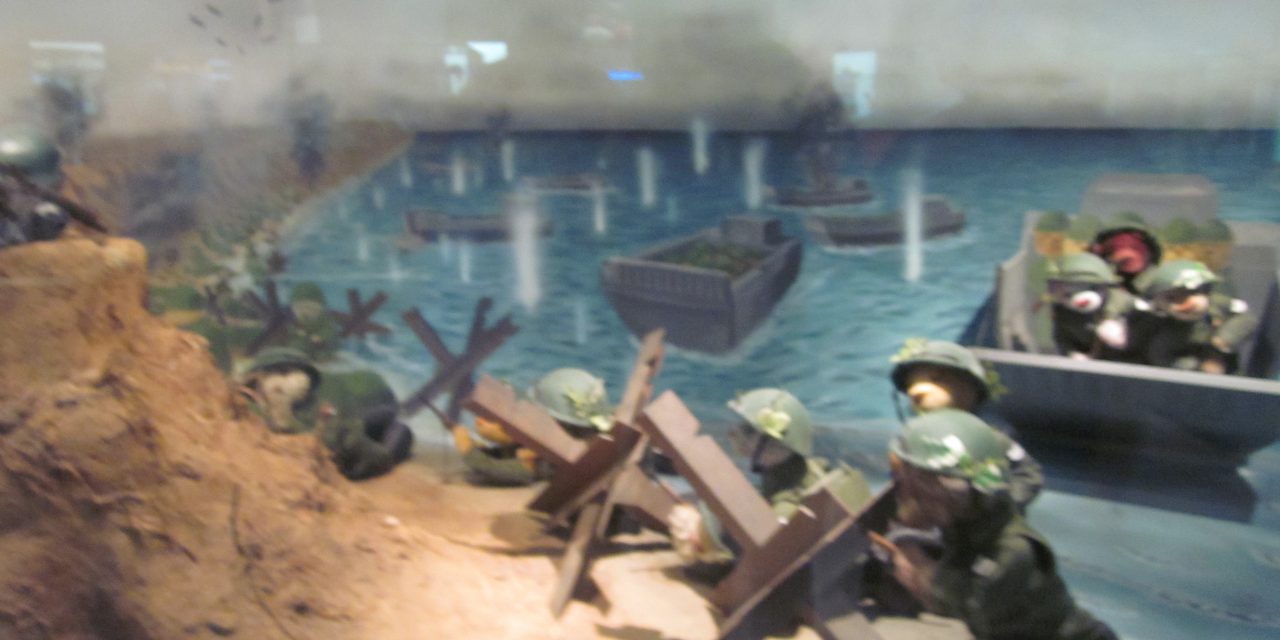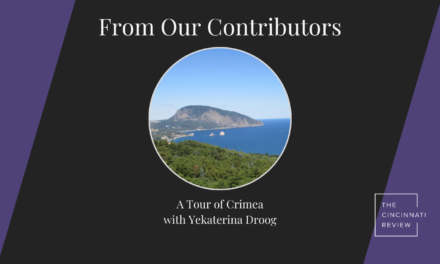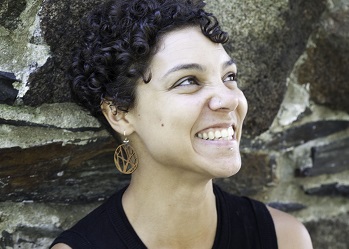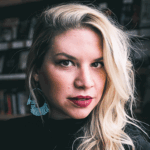Coming of age i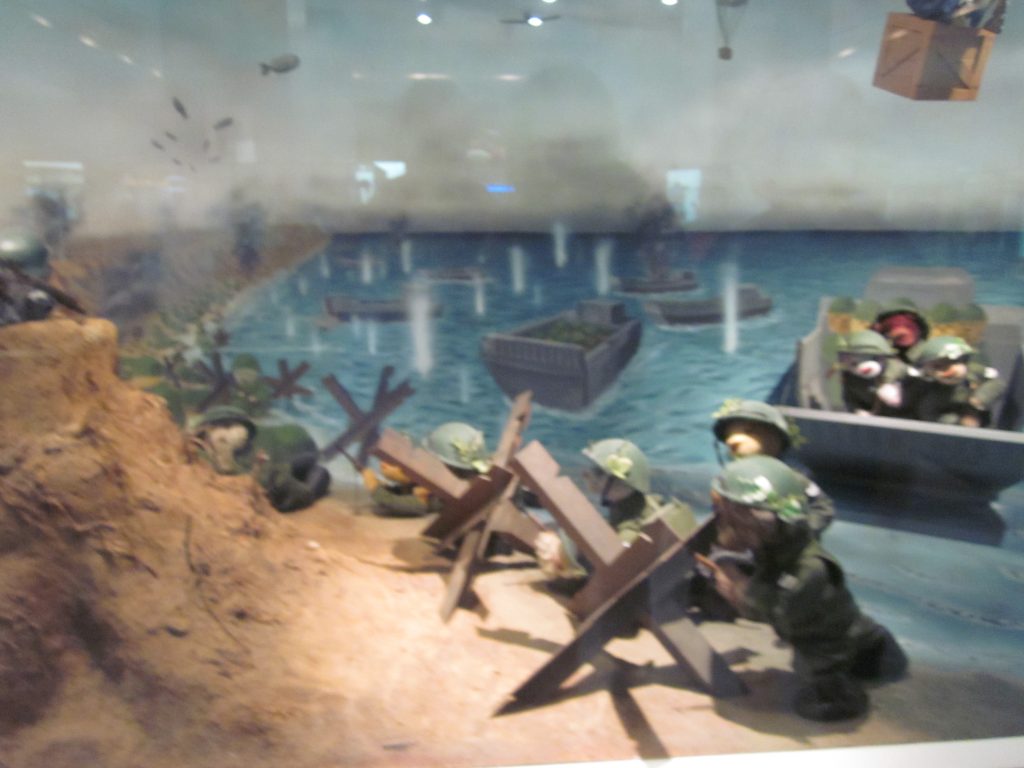 s difficult, as any awkward teen will tell you. Your body is raging with hormones, creating sweaty palms, cracked voices, and terrible decisions. You have crushing responsibilities like taking out trash and cleaning your room. You’re supposed to find yourself (and you may be looking your whole life). You are vulnerable to weird fashion trends, expensive drugs, and romantic heartbreak. It’s so bad, in fact, that many adults deny they were ever young (despite photographic evidence). In CR 10.1, our contributors don’t forget. They find inspiration in that terrifying passage from youth to adulthood.
s difficult, as any awkward teen will tell you. Your body is raging with hormones, creating sweaty palms, cracked voices, and terrible decisions. You have crushing responsibilities like taking out trash and cleaning your room. You’re supposed to find yourself (and you may be looking your whole life). You are vulnerable to weird fashion trends, expensive drugs, and romantic heartbreak. It’s so bad, in fact, that many adults deny they were ever young (despite photographic evidence). In CR 10.1, our contributors don’t forget. They find inspiration in that terrifying passage from youth to adulthood.
Suzanne Paola (on her poem “At the Teddy Bear Museum, Jeju-do, Korea): I traveled Korea with my husband and son when my son had just turned thirteen. Toward the end of our trip we visited Jeju-do, a Korean island popular with honeymooners that boasted lots of kitschy entertainment, including a museum of teddy bears in all sorts of tableaux, dressed as the Beatles on The Ed Sullivan Show, in fatigues storming the beach at Normandy. As my son sank into a new teenage moodiness, my own adolescence knocked at me again, with its heroin and shock treatment and the years I had blanked out myself through drugs—years I could recapture only in the way the teddy bears could live the deadly Normandy invasion—a surface sign shorn of a content not just painful but, in many ways, inexplicable. I was influenced in writing this poem by the Korean form of the sijo, especially in the turn in the last line.
Erin Belieu (on her poem “Olentangy River”): I think the most difficult passage from youth to maturity begins in having your heart well and truly broken. We come to know ourselves maybe even a little too fully in the process. How awful, to be that woman, that man, now doing those things you’d strongly advise against when a lovesick friend comes to cry on your patio. Terrible, to be so vulnerable, the flimsiness of our pride revealed, to know exactly that of which we are capable. In this case, the speaker is left with the strong sense of a door that was partially opened. But the almost lovers here never get to follow their story to the end. So the story goes on, at least in the speaker’s mind, a grief that is something akin to the Herbert poem it references. Therefore my sudden soul caught at the place. Some people stick to us, no matter how many years go by.
Michael Reid Busk (on his ’80s: A Brief Primer short-shorts): I was born in the mid-’80s, with six much older siblings having already marched through the Carter and Reagan years. Their clothes were egregious, their hair large. I had no idea what they were doing, and it was all wonderful. Sometimes we ate waffles. I still like waffles, my hair is large, and my clothes are, by any reasonable standard, egregious. I started writing about the ’80s a few years ago, and I now have enough entries for a minor encyclopedia. This is the decade as best as I can remember it.

